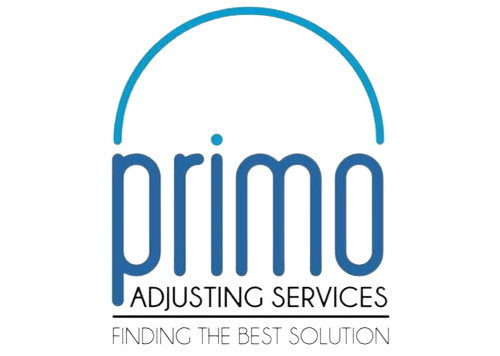SCHEDULE YOUR FREE INSPECTION TODAY - CALL US 786-740-8641
Ocala Hurricane Milton Property Damage Adjusting – Primo Services
Recovering from Hurricane Milton: What West Florida Homeowners Need to Know
As Hurricane Milton moved across West Florida, it left a trail of damage to homes, businesses, and communities. The aftermath of such a powerful storm can be overwhelming, but knowing the right steps for recovery and how to navigate the insurance claims process can make all the difference. Here’s a guide for homeowners looking to assess damages, start their insurance claims, and take steps toward recovery after Hurricane Milton.
1. Assessing Property Damage Post-Hurricane
The first few days after a hurricane are critical for assessing damage. Safety should be the top priority, so make sure to avoid any downed power lines and be cautious around unstable structures. Here are some steps to begin your assessment:
- Inspect the Exterior: Walk around the exterior of your property and look for obvious signs of damage. This might include missing shingles, broken windows, and damage to siding or fences. Don’t forget to check for any structural issues like cracks in the foundation or walls.
- Document Everything: Take photos and videos of all visible damage. Documenting the aftermath is crucial for insurance claims, and it will serve as evidence of the extent of the damage caused by Hurricane Milton.
- Check for Water Intrusion: Hurricanes often bring heavy rainfall, which can cause water damage inside your home. Look for water stains on ceilings, walls, and floors, and inspect your basement or crawl space for flooding.
2. Understanding Your Insurance Policy
The aftermath of a hurricane can be stressful, especially when navigating the complexities of insurance policies. Here are some essential points to consider:
- Review Coverage for Wind and Flood Damage: Homeowners insurance policies typically cover wind damage, but flooding caused by hurricanes often requires a separate flood insurance policy. If you’re unsure about your coverage, contact your insurance agent immediately for clarification.
- Deductibles for Hurricane Damage: In Florida, hurricane deductibles may differ from standard deductibles. These deductibles are usually a percentage of your home’s insured value rather than a fixed dollar amount, which can affect how much you’ll receive in compensation.
- Document Communication with Insurers: Keep records of all communication with your insurance company, including phone calls, emails, and claim forms. This can be invaluable if disputes arise during the claims process.
For more information on flood insurance and disaster assistance, visit FEMA's official website.
3. The Role of Property Damage Adjusters in the Claims Process
Property damage adjusters play a crucial role in helping homeowners recover compensation after a hurricane. Here’s how they can assist:
- Professional Damage Assessment: Adjusters can conduct a more thorough inspection of your property, identifying damages that may not be immediately visible to homeowners.
- Claims Management: Navigating the claims process can be time-consuming and complex. A licensed adjuster can handle the paperwork, communication with insurers, and negotiation for a fair settlement on your behalf.
- Maximizing Compensation: An experienced adjuster understands the ins and outs of insurance policies, which can help ensure you receive the maximum compensation for your losses.
It’s important to choose a reputable adjuster with local expertise, as they’ll be familiar with the specific challenges of hurricane damage in West Florida.
4. Steps for a Smooth Claims Proces
Handling an insurance claim after Hurricane Milton doesn’t have to be daunting. Follow these steps to make the process smoother:
- File Your Claim Promptly: Many insurance policies require that you file a claim within a certain timeframe after the damage occurs. Delaying this step can jeopardize your chances of receiving compensation.
- Get Repair Estimates: Obtain estimates from licensed contractors for the cost of repairs. Providing these estimates to your insurance company can speed up the claims process and help in getting an accurate settlement.
- Prepare for the Adjuster’s Visit: When the insurance adjuster visits your property, be prepared to provide your documentation and walk them through the damaged areas. Highlight any issues you’ve found and provide them with repair estimates.
For further guidance on disaster recovery and filing claims, check out resources from the
Insurance Information Institute.
5. Tips for Preventing Future Hurricane Damage
As you rebuild or repair after Hurricane Milton, consider making improvements to better protect your home from future storms:
- Reinforce Windows and Doors: Install storm shutters or impact-resistant windows to minimize damage from wind-driven debris.
- Secure Roofing Materials: Strong winds can rip off shingles and roof tiles. Make sure your roof is properly secured, and consider using materials rated for high winds.
- Elevate Electrical Systems: If your home is in a flood-prone area, elevating electrical panels, appliances, and HVAC systems can prevent water damage during future hurricanes.
These proactive measures can reduce the risk of severe damage in the event of future storms, potentially saving you from costly repairs and helping keep your insurance premiums in check.
6. Getting Back on Your Feet with Professional Help
The road to recovery after a hurricane is challenging, but you don’t have to face it alone. Partnering with experts in property damage assessment can ease the burden and ensure you get the compensation you deserve. With the support of professionals, homeowners can focus on rebuilding and returning to normalcy.
Why Choose Primo Adjusting Services for Your Claim?
At Primo Adjusting Services, we understand the devastation caused by natural events like Hurricane Milton. Our team is dedicated to helping homeowners in West Florida navigate the insurance claims process smoothly and efficiently. We bring years of expertise to ensure you get the compensation you deserve, allowing you to focus on rebuilding your life. Contact us today for a free consultation, and let us help you secure a fair settlement for your hurricane-related damages.


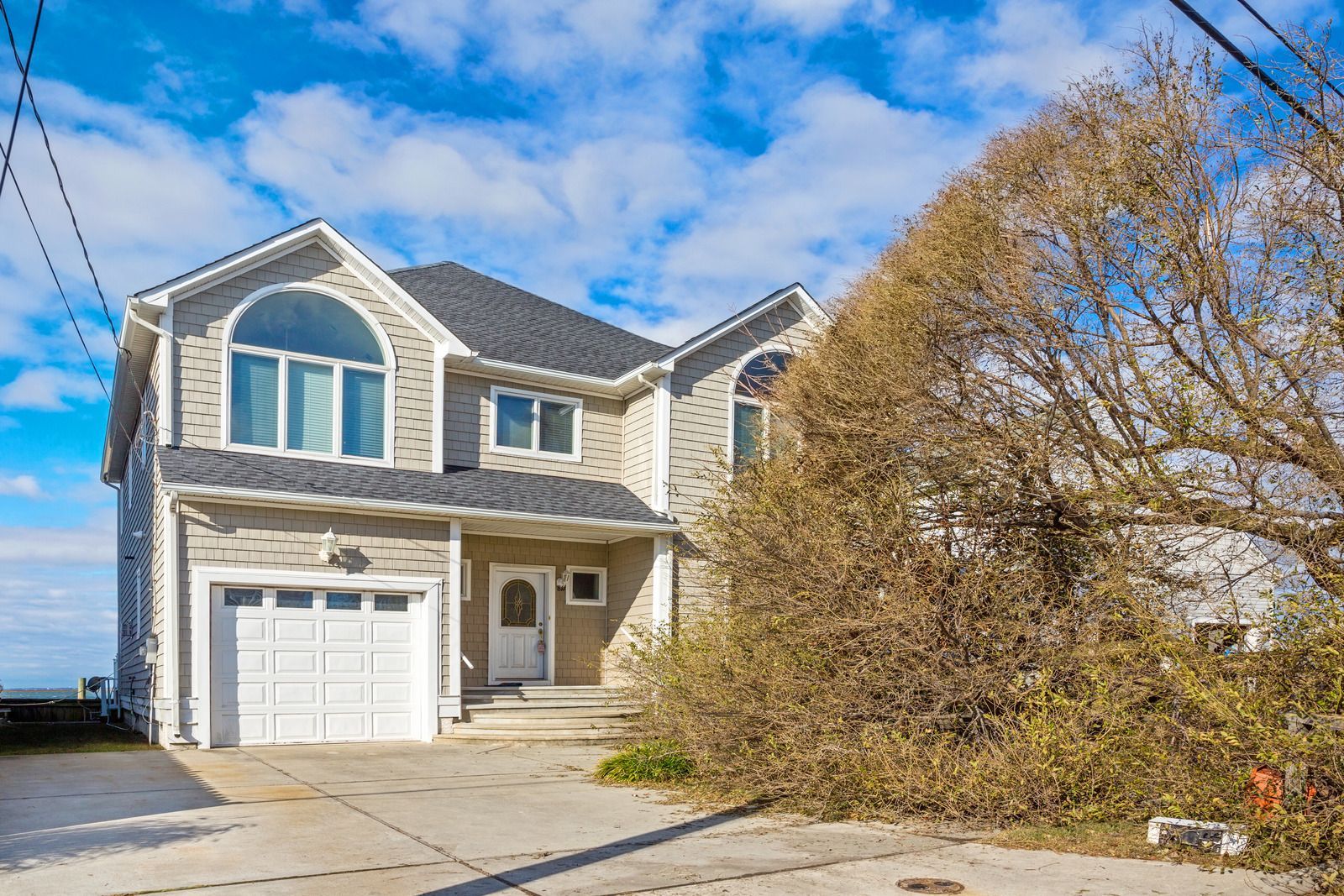
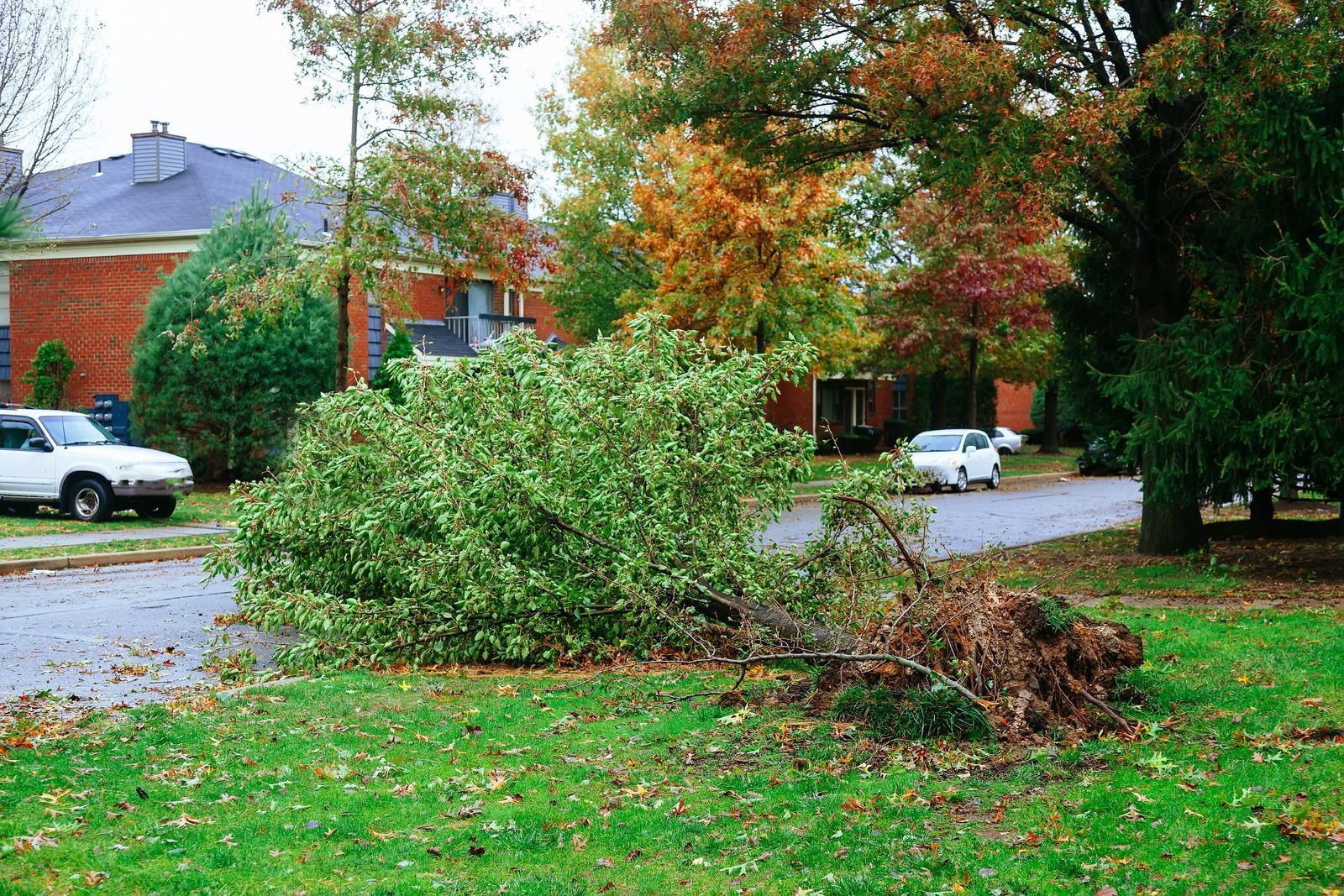
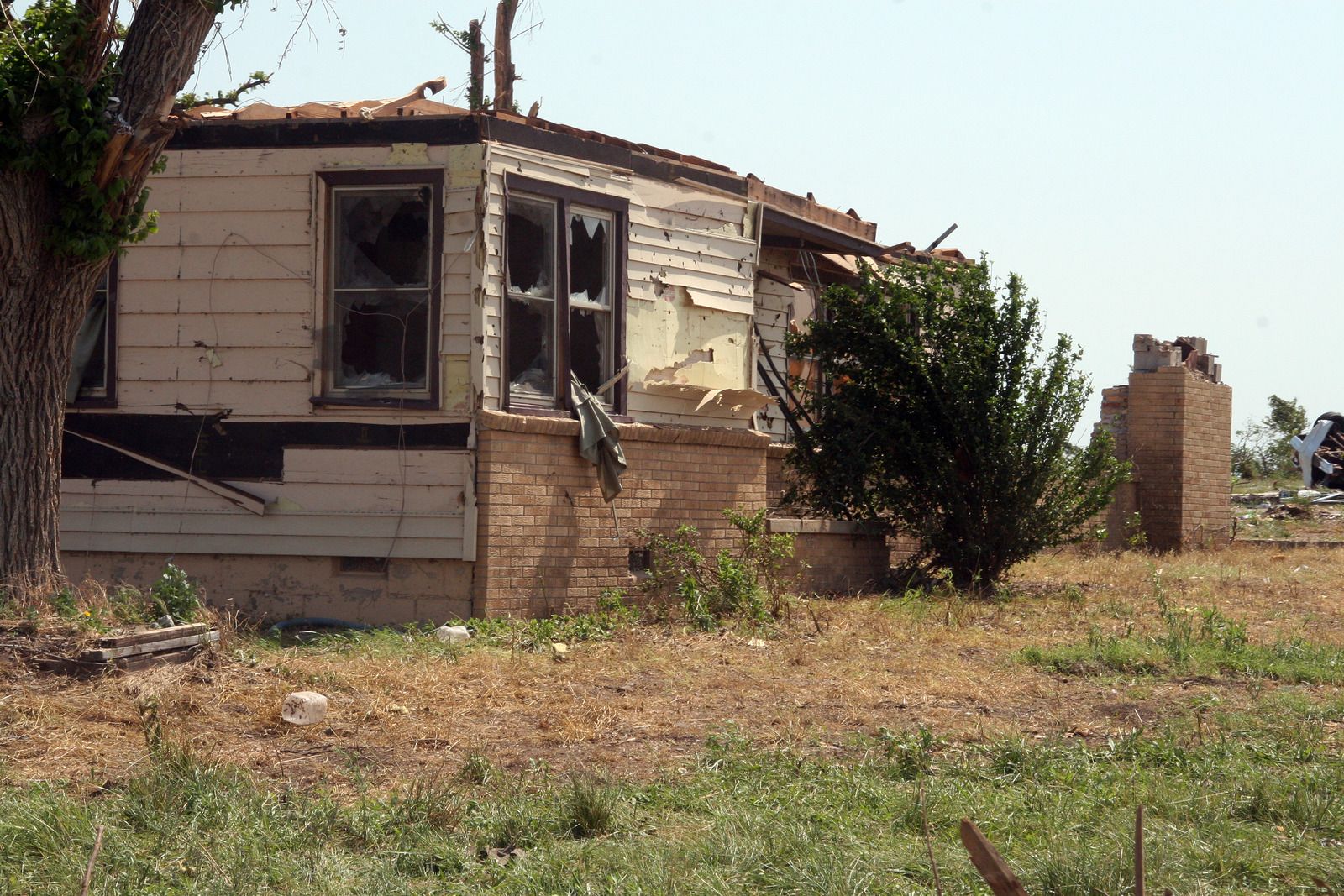

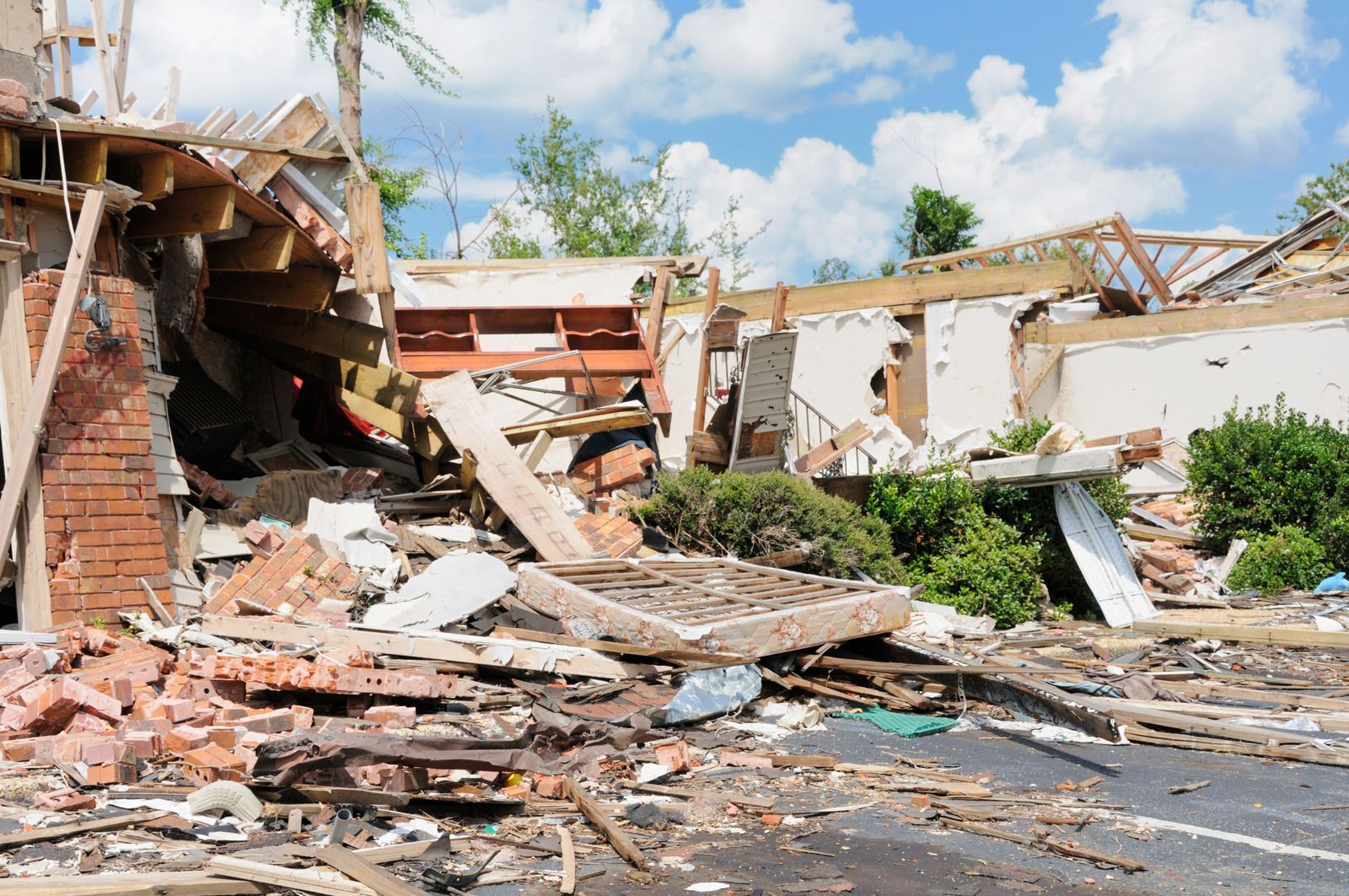
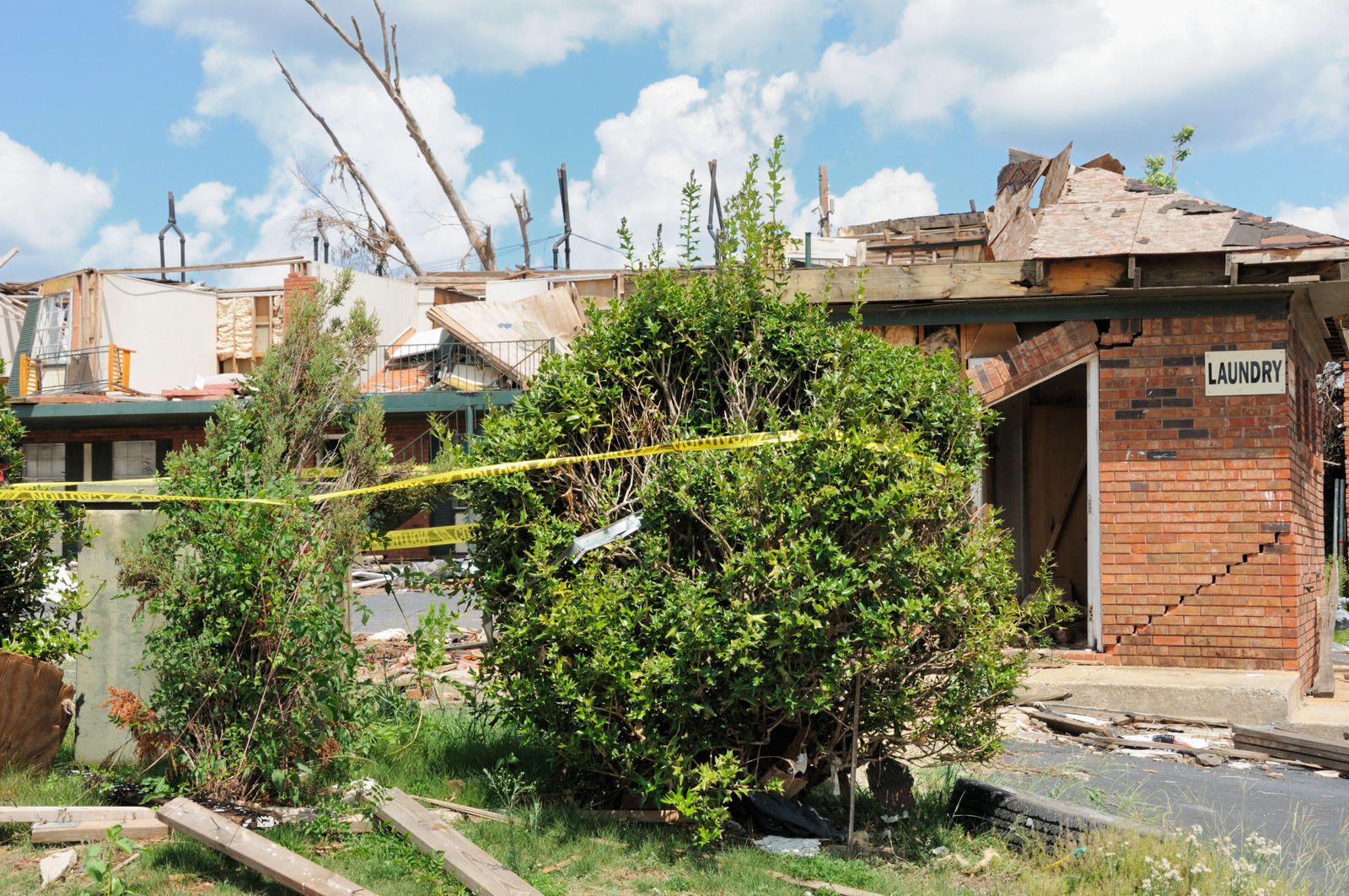
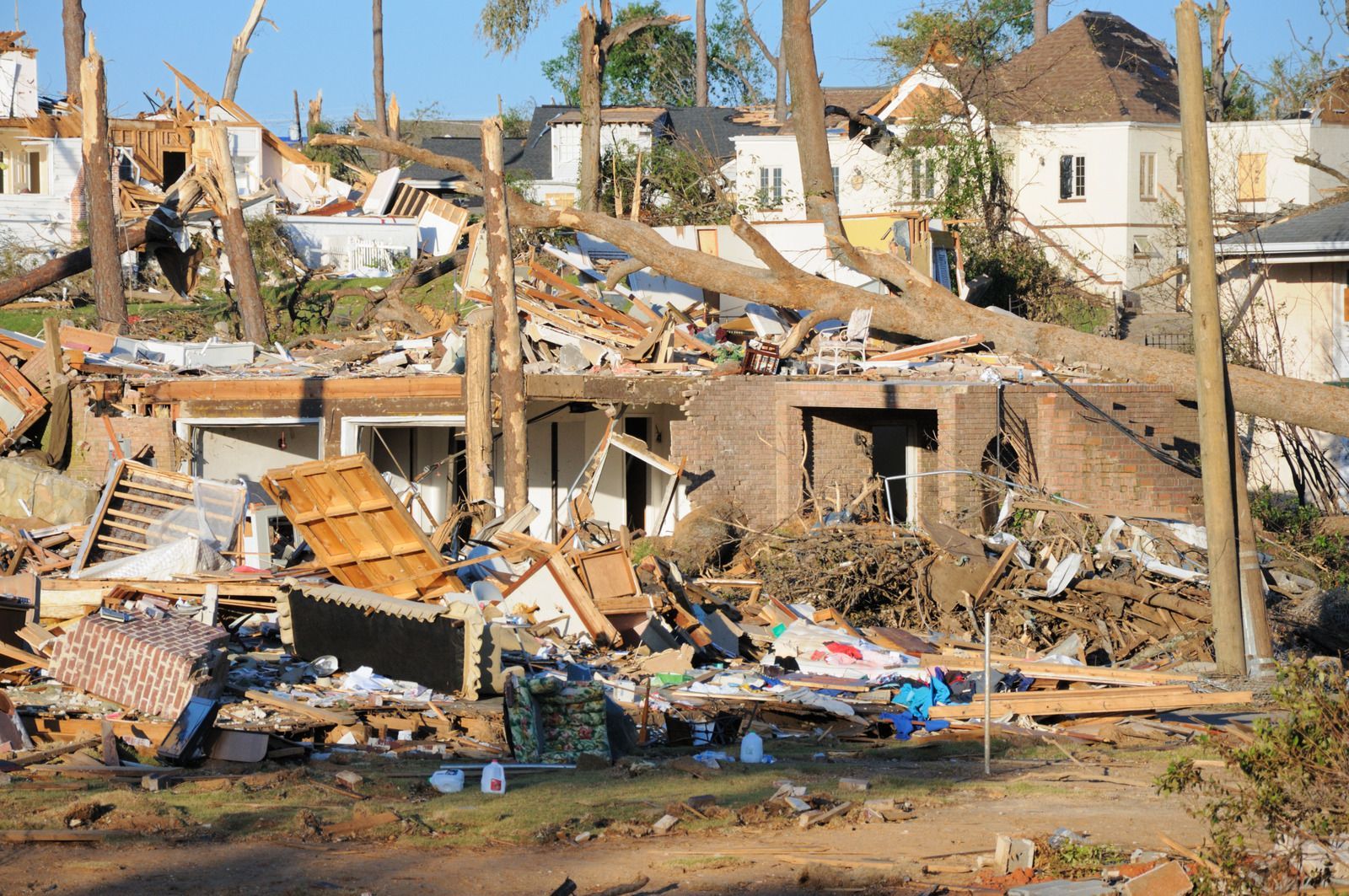
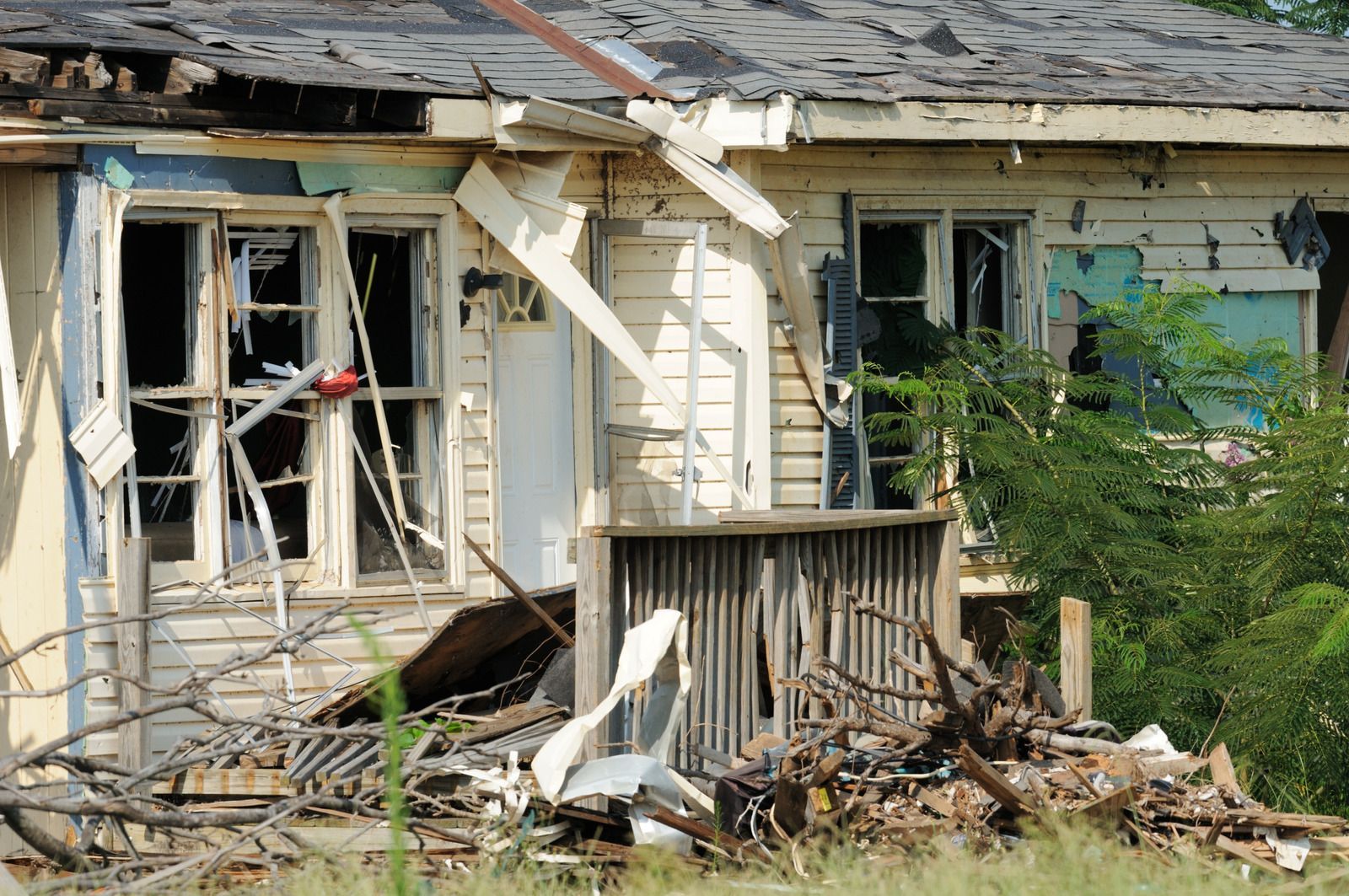

Contact Us Today!

